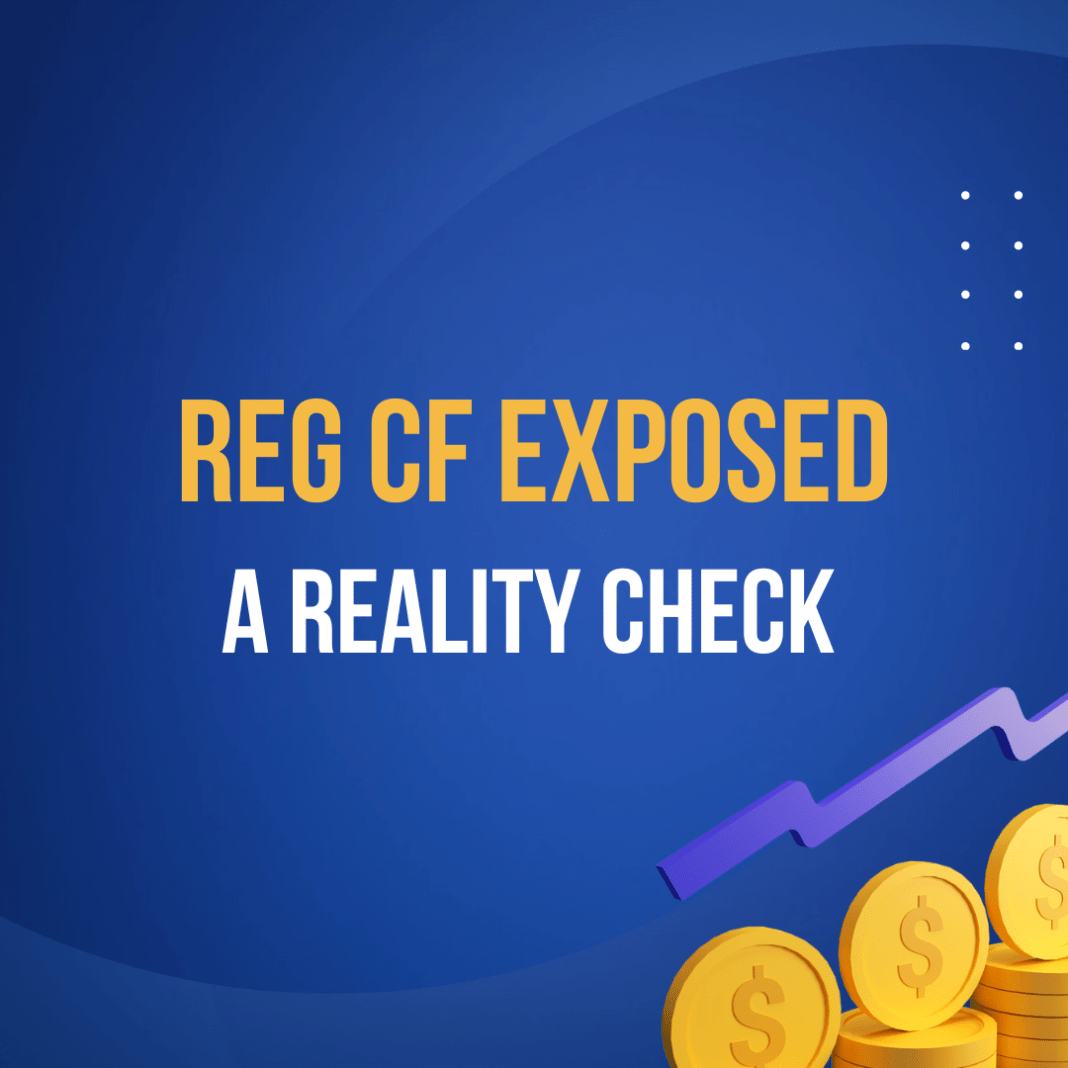Updated September 20th, 2024
“Overall, our analysis confirms that Regulation D accounted for significantly more capital raising than Regulation A, with the difference in the order of magnitude of 1000x in a typical year during the examined period.” – Source: SEC
Regulation D, a critical piece of the financial landscape, has profoundly influenced how syndicators and investors navigate private offerings. Despite its advantages, the regulation has also presented opportunities for fraud, raising significant concerns within the industry. Let’s dive into the intricacies of Regulation D, its benefits, potential risks, and what it means for various stakeholders including investors, entrepreneurs, SMEs, financial institutions, crowdfunding portal owners, and service providers.
The Essence of Regulation D
Regulation D, established under the Securities Act of 1933, provides exemptions that allow companies to raise capital without registering their securities with the SEC. It includes rules 504, 505 (now rescinded), and 506, with the latter being most pertinent to private placements.
On April 5th 2012 president Obama signed the JumpStart Our Business Act (commonly referred to as “The JOBS Act”) giving the SEC 274 days to write up the necessary rules and regulations. The main purpose in the implementation of the JOBS Act was to stimulate the creation of jobs through small business access to capital. The JOBS Act substantially changed a number of laws and regulations making it easier for companies to both go public, and to raise capital privately, helping them to stay private longer. Changes include exemptions for crowdfunding, a more useful version of Regulation A, generally solicited Regulation D Rule 506 offerings, and an easier path to registration of an initial public offering (IPO) for emerging growth companies.
Rule 506(b) allows companies to raise an unlimited amount of money from accredited investors and up to 35 non-accredited investors, provided they meet certain requirements. Rule 506(c), introduced by the JOBS Act of 2012, permits general solicitation and advertising, provided all purchasers are accredited investors.
The Benefits for Stakeholders
Investors benefit from a broader array of investment opportunities. Regulation D offerings often include high-potential startups and innovative projects that are not available on public markets. For entrepreneurs and SMEs, Regulation D provides a streamlined path to raising significant capital while avoiding the cumbersome and costly process of a full SEC registration. This flexibility allows companies to focus on growth and innovation.
Financial institutions and crowdfunding portal owners find Regulation D particularly advantageous as it facilitates the creation and management of private investment opportunities. These entities can offer their clients access to exclusive deals, enhancing their service portfolio. Broker-dealers and other service providers benefit from the increased activity in private placements, offering advisory, compliance, and logistical support to issuers and investors alike.
The Dark Side: Potential for Fraud
While Regulation D offers numerous benefits, it also poses significant risks, particularly around fraudulent activities. The lack of stringent disclosure requirements compared to public offerings can create opportunities for bad actors to mislead investors. Recent high-profile cases, such as the SEC charges against individuals for fraudulent offerings through crowdfunding portals, highlight these risks.
Legal Perspectives and Recommendations
Legal experts argue for enhanced disclosure requirements to protect investors. Current regulations often place the burden on issuers to decide what information to disclose, which can lead to significant omissions. Comprehensive disclosures about financial health, use of proceeds, and associated risks are crucial. Lawyers advise issuers to err on the side of caution and transparency to avoid legal repercussions and build investor trust.
For investors, conducting thorough due diligence is paramount. This includes reviewing the issuer’s financial statements, understanding the business model, and assessing the credibility of the management team. Investors should also be aware of the limitations of Regulation D and the potential risks associated with less regulated investments.
Regulation D in the Modern Financial Ecosystem
The SEC has recently made several amendments to Regulation D to enhance its effectiveness and protect investors. These changes include increasing the offering limits and adjusting the investment limits for non-accredited investors, making it easier for companies to raise larger amounts of capital. These amendments are designed to balance the need for capital formation with investor protection.
For financial institutions and crowdfunding portal owners, these changes mean more opportunities to facilitate larger and more diverse offerings. However, they also necessitate greater vigilance and improved compliance mechanisms to ensure all activities are above board and in line with regulatory requirements.
As Regulation D continues to evolve, its role in the financial ecosystem remains pivotal. For investors, entrepreneurs, SMEs, financial institutions, crowdfunding portal owners, and service providers, understanding and navigating these regulations is crucial. By leveraging the opportunities presented by Regulation D while adhering to best practices for transparency and due diligence, stakeholders can maximize benefits and mitigate risks.
What does it cost?
For a Regulation D 506(c) crowdfunding offering of $5 million, you might spend up to $20,000 for a lawyer, $10,000 for platform hosting fees (optional), up to $50,000 for a marketing agency, plus around $10,000 per month of your live offer for your Digital Advertising costs. If you are raising more it will cost you more.
Expect to budget around 4% -5% of funding goal as total cost of capital.
Timeline: 90-120 days
There is no limit on the amount you can raise using REG D.
Note: The costs of the offering are routinely charged to the investors and recouped by the company when the offering is completed. So, the company has no out-of-pocket costs from the offering when all is said and done.
There are “adjustments” that can be made to some offerings that allow the company to recoup the costs they expended before the full amount is raised. In those cases, the initial legal and marketing costs can be redeployed to provide additional marketing spend to complete the offering.
Regulation D is a powerful tool for raising capital, but it comes with significant responsibilities. Stakeholders must remain vigilant and informed to navigate its complexities effectively. As the financial landscape continues to evolve, staying updated on regulatory changes and industry best practices will be essential for success..



